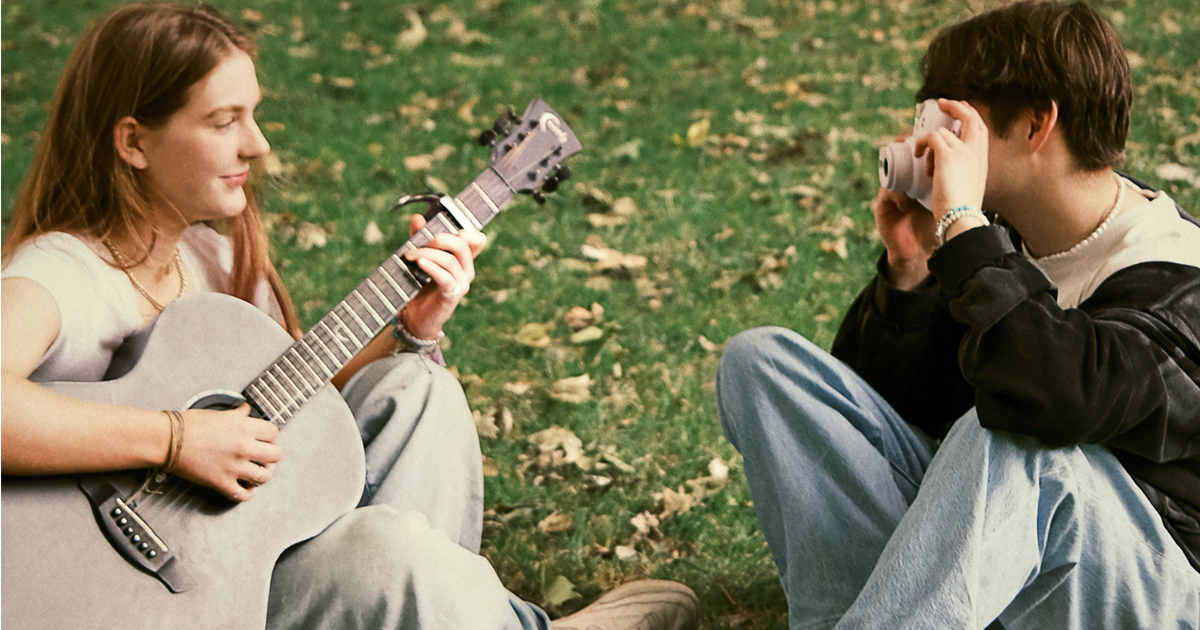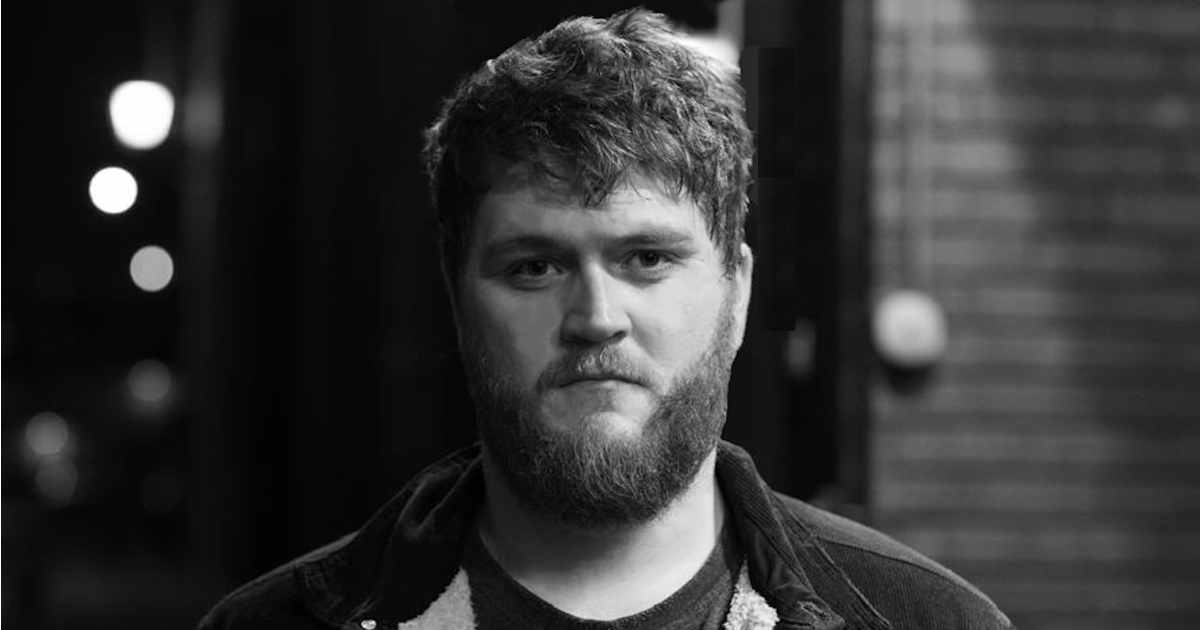The Rise of AI in Music: A Glimpse Into the Future
Music Related | 10th July, 2025 theBeat.ie
theBeat.ie
Whether we like it or not, artificial intelligence is here, and it's not going anywhere. As AI becomes plays a bigger role in our daily lives, its potential seems limitless. While many industries are feeling the pressure, one question looms large: Is AI the future of entertainment, especially the music industry?
Since AI entered the creative scene, we've seen a wave of mash-ups surface on platforms like Spotify, YouTube, and other social media platforms. Hearing Freddie Mercury sing with The Beatles might be a novelty, but everyone knows it's purely AI-generated. Still, something more curious has been happening lately. Bands have mysteriously appeared on streaming platforms like Spotify and iTunes who have no social media presence, no music videos, and no studio photos or video footage.
Despite being unknown, these bands
are landing on popular playlists and racking up thousands of plays and downloads. Critics on YouTube have started to call them out, not because they're AI, but because they don’t disclose that they’re AI. There’s no mention in their bios, no hints in their branding. While an AI mash-up is fun because we know it's artificial, these new acts blur the line without telling the audience. Listeners can't tell what's real anymore, and maybe that's a glimpse of what's coming.
A major concern in the music industry is that AI might begin repurposing human creativity, borrowing
melodies, riffs, lyrics, and harmonies. While AI still relies on human input, it essentially recycles existing material with a new twist. This worries many songwriters who fear their hard work will be replicated, rebranded, and redistributed under the guise of something new.
But even that might just be the beginning. What if AI doesn't just threaten songwriting, but changes the way we experience music entirely?
Picture this: You're a teenager in the not-so-distant future. You're in your room, headphones on, listening to your favorite duo, a male and female pair with incredible vocal range and multi-instrumental talent. You’ve loved them since their debut. Their music is catchy, powerful, and oddly familiar. But here's the twist: they’re entirely AI-generated.
Of course, AI's reach extends beyond music. If you’ve spent any time on social media, chances are you’ve already encountered AI-generated images or videos, sometimes without even realizing it. As the technology improves, telling the difference between what is real and what is fake will only get harder.
Now, fast forward back to the future again. You're waiting in a virtual lobby with millions of other fans around the world. With your favorite drink in hand and snacks by your side, you're about to attend a concert. Only its from your bedroom. You're transported into a virtual arena via VR. You look around and see a crowd of fellow fans, each with a front-row view. Then, the lights flash, the band appears, and for the next two hours, you're immersed in a full-scale live performance, all without leaving your home.
Sound far-fetched? It’s not. This kind of experience is already possible with existing technology. There's no reason the music industry and tech giants couldn't create a fully AI-powered pop star today. If we can use VR to place ourselves on a battlefield, why not at a concert?
History also tells us that audiences are willing to embrace artificial music. Artists like ABBA, Tupac, Michael Jackson, Whitney Houston, and Roy Orbison have all returned to the stage via holograms, selling out venues without ever physically being there. Ironically, it wasn't younger fans driving demand, it was older generations, many of whom criticize modern music for being fake,
yet paid to see a virtual version of artists from their youth.
As AI becomes more accepted and normalized, the line between genuine creativity and machine-made imitations will blur even further. AI can already write songs; soon, it will generate artists with lifelike visuals, personalities, and stage presence. For record labels, this is a dream scenario: no egos, no contracts, no touring expenses, just pure profit. Every stream, every ticket sale, every merch item stays in-house.
Could it be that future generations will one day visit museums and stare in wonder at guitars, pianos, and microphones, relics of a time when humans created music by hand?



